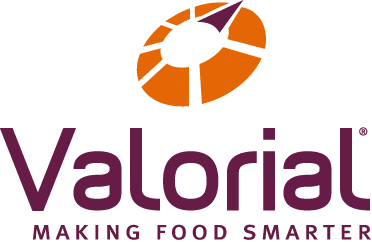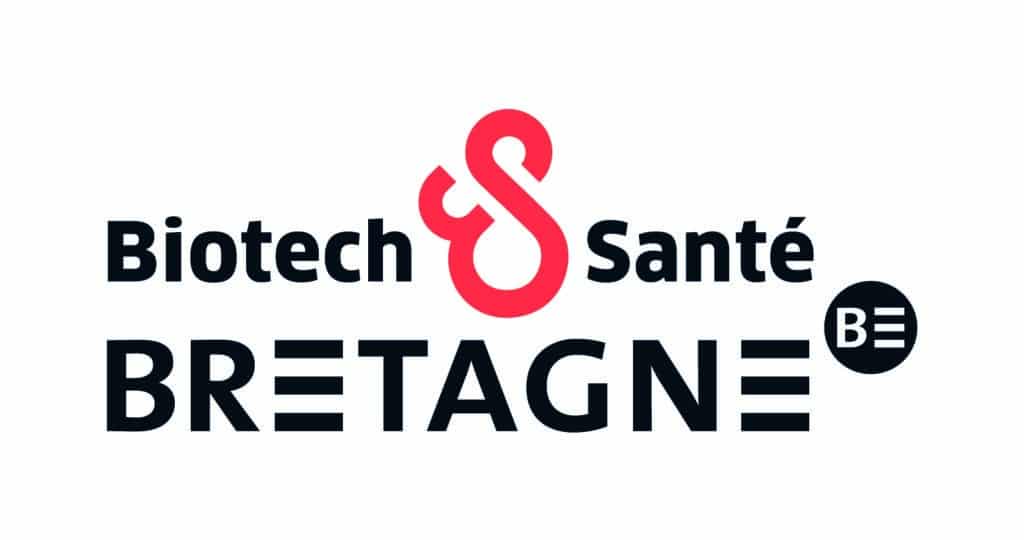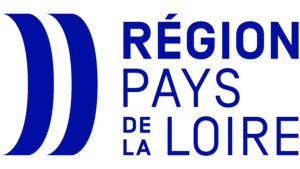I study the interactions between microbial communities and their environment using genomic and experimental strategies. I mainly focus on the gut microbiota – the community of bacteria living in our gut – and its impact on our health. For that I use a variety of computational strategies revolving around statistics and mechanistic models to identify potential connections between the microbiome and host health and validate them in the wet lab.
I was originally trained in computational biology during my bachelor’s degree at the Free University in Berlin, and transitioned to systems biology during my PhD studies in the International Max Planck Research School for Computational Biology and Scientific Computing, where I worked on signaling pathways in yeast communities. I became interested in research operating on the interface of microbial communities and human health and dove deeper into each of those in my two following positions. In my first postdoctoral fellowship at the National Autonomous University of Mexico, I designed multifunctional antimicrobial peptides and in my second postdoc at the National Institute for Genomic Medicine in Mexico, I studied metabolic alterations in human cancers and the microbiome in type 2 diabetes. This ignited my passion for metagenomics and molecular ecology as an interface between microbes and human health and led to my current research position.
















